
Plumbing problems usually start small and spiral quickly. However, the pros catch them before they cause major damage. There are no fancy tricks or trade secrets to it. Just smart habits built from experience. These ten simple practices don’t merely keep pipes in check but also keep unexpected costs far away.
Look For Hidden Leaks Under Sinks

Some leaks hide in plain sight. Water stains, warped wood, or moldy odors under sinks are warning signs pros never ignore. Regular inspections beneath vanities and cabinets can catch pinhole leaks early. Doing this saves on major repairs and protects cabinets from long-term water damage.
Check Pipes Early To Prevent Leaks

Professionals don’t wait for drips because they know that even tiny pipe cracks can cost homeowners thousands in repairs. They inspect pipes routinely, especially before seasonal shifts. This is important in older homes, where aging pipe systems are vulnerable to silent corrosion. A yearly check can stop leaks before they wreak havoc.
Use Sink Strainers To Avoid Clogs

Ever dumped coffee grounds or vegetable peels into the sink? That’s a clog waiting to happen. Pros always install mesh strainers in kitchen and bathroom sinks. These simple tools block food and debris, keeping water flowing freely and preventing buildup deep in the drain.
Flush Only Toilet Paper To Prevent Blockages
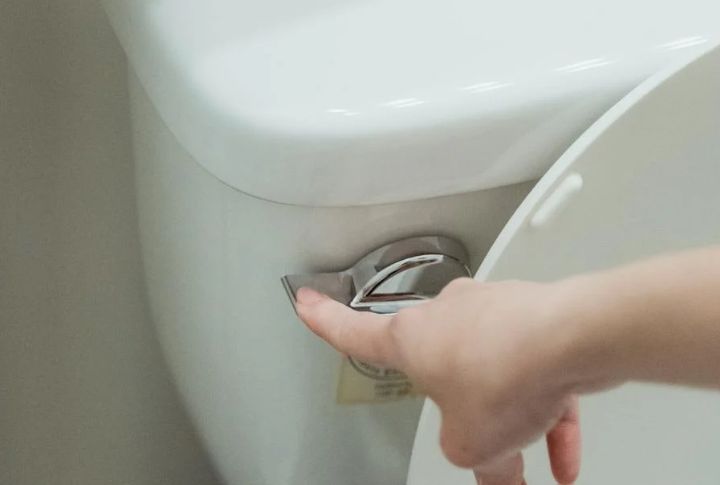
Plumbers consistently warn against flushing anything besides toilet paper. Even flushable wipes aren’t really flushable. Items like tissues and hygiene products swell or snag in pipes, which triggers costly backups and potential sewer overflows. Your plumbing isn’t a trash can, so treat it accordingly.
Wrap Outdoor Pipes Before Winter
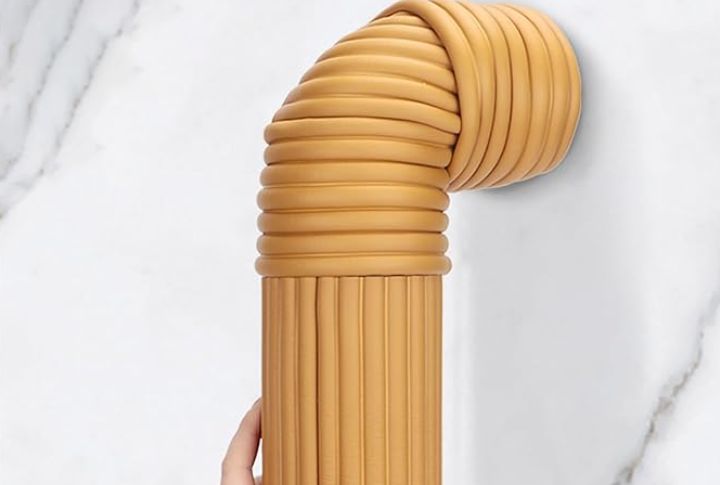
Frozen pipes can crack open like soda cans in the freezer—a costly mess no one wants. To avoid that, professionals always insulate exterior pipes before the cold sets in. Foam sleeves or heat tape keep water moving even in subzero conditions and prevent bursts.
Monitor Water Pressure To Protect Pipes
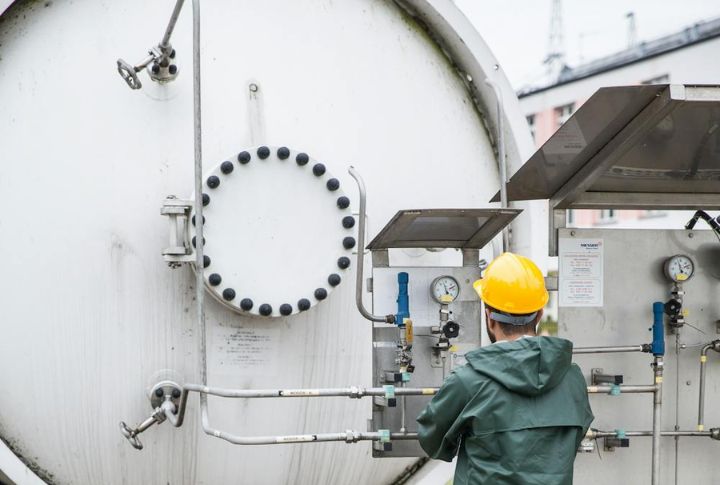
Professionals use gauges to ensure household pressure stays between 40 and 60 psi. While high water pressure might feel great in the shower, it’s a silent pipe killer. Anything higher stresses joints, accelerates wear and can burst pipes. Regular pressure checks help safeguard plumbing systems in the long term.
Skip Chemical Drain Cleaners That Cause Damage
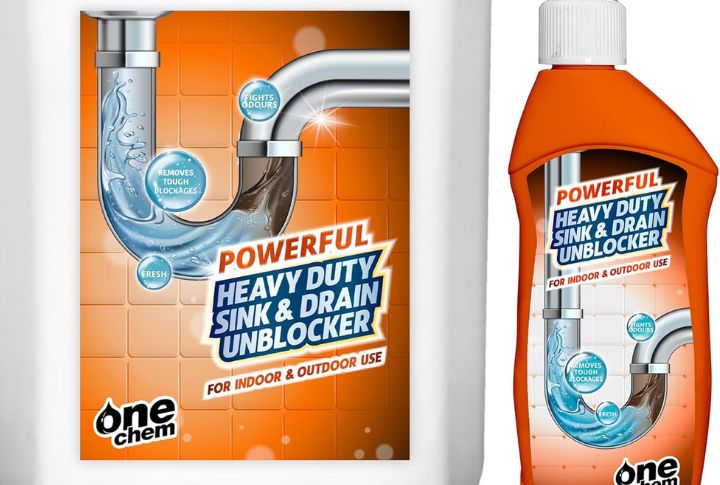
Those powerful drain cleaners promise quick fixes but wreak havoc on plumbing. Experienced plumbers steer clear as they know the caustic ingredients eat away at pipes over time. Instead, they rely on mechanical methods like drain snakes or enzymatic cleaners that are safe and effective.
Clean Shower Heads To Remove Mineral Buildup
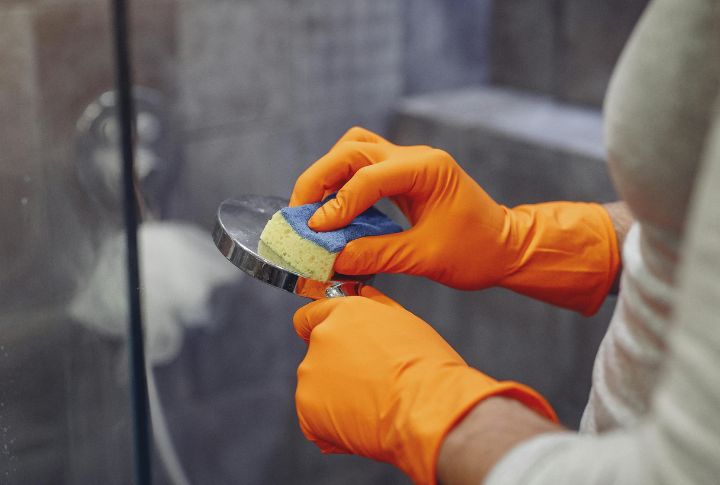
A weak shower spray can point to mineral buildup rather than low pressure. Showerheads collect deposits, especially in hard water regions. Professionals soak them in vinegar monthly to dissolve buildup and restore proper spray. This quick fix improves performance and reduces strain on your plumbing system.
Drain Water Heaters To Extend Lifespan
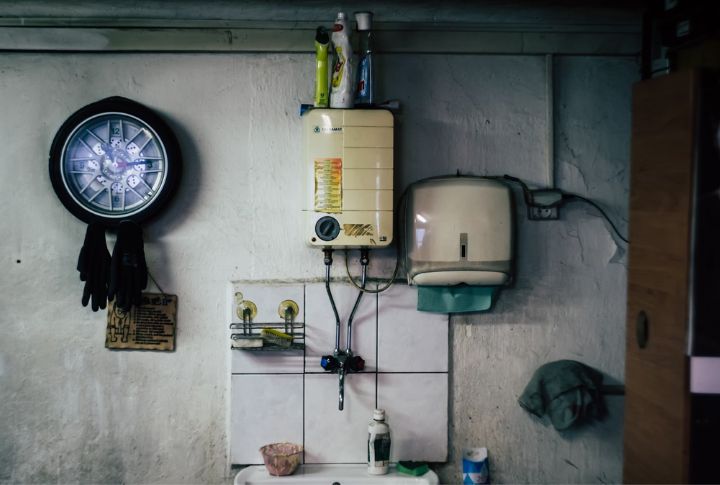
Over time, sediment settles in water heaters, reducing efficiency and increasing energy bills. Plumbers drain tanks annually to remove deposits that cause corrosion and noise. When this is done, it can add years to a heater’s life and improve hot water delivery without raising utility costs.
Replace Old Washers To Stop Leaks

A constantly dripping faucet isn’t just annoying but wastes hundreds of gallons annually. Worn washers are the usual culprit. Pros replace them as part of regular maintenance. It’s a low-cost, high-reward fix that not only stops the drip but also preserves water and avoids fixture damage from prolonged stress.

